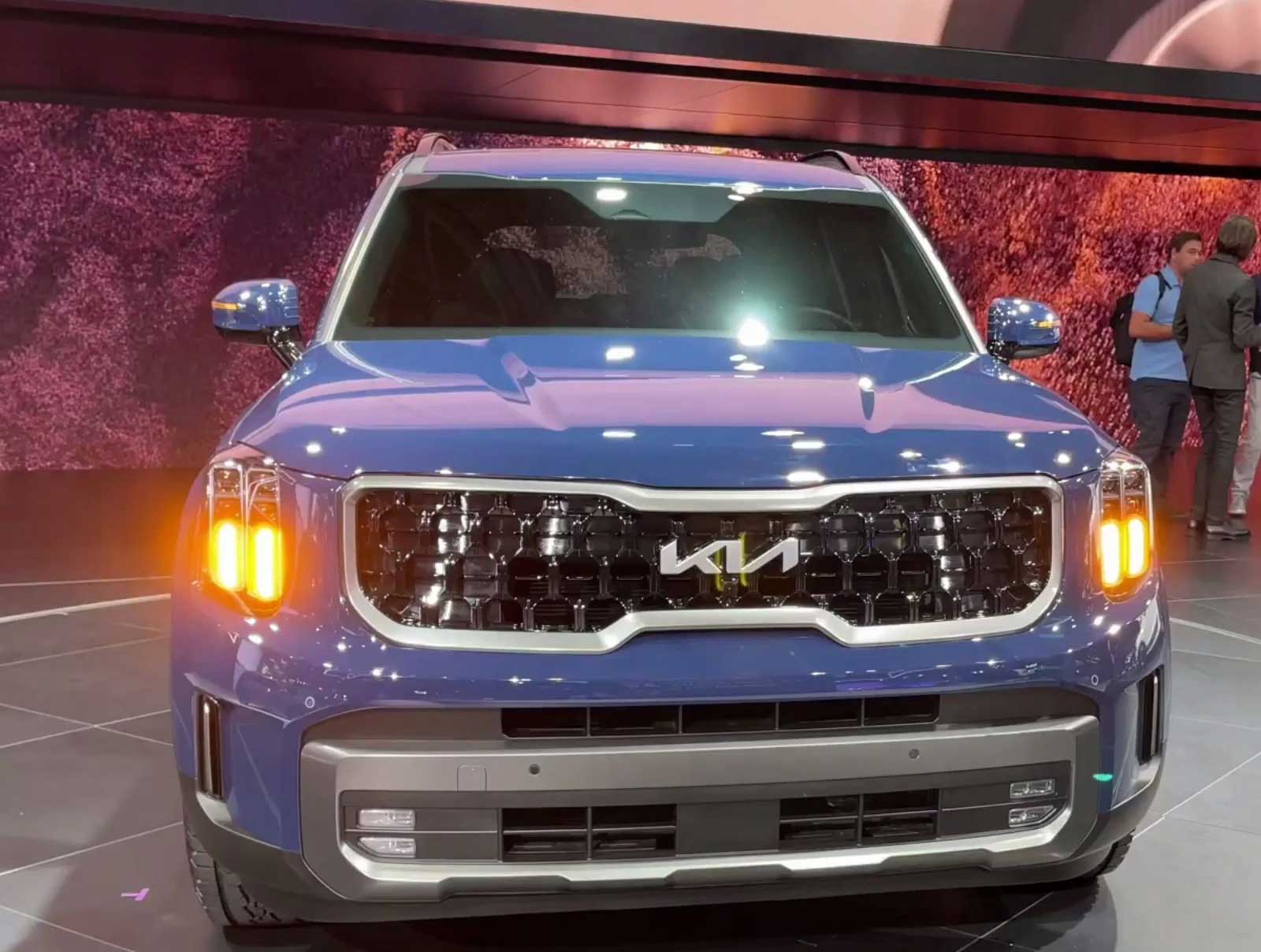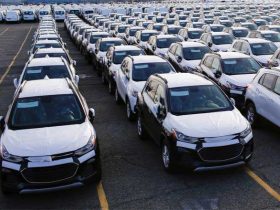
The automotive industry is one of the sectors that has taken great strides to reduce climate change and its impacts on the environment. The shift toward more eco-friendly cars has seen a gradual but noteworthy build-up in the last decade. By 2023, a change is expected to be firmly in effect, with electric cars making up a much larger percentage of overall sales.
The transition has been a gradual process, beginning with hybrid cars like the Toyota Prius in the 1990s. In recent years, the number of electric cars on the roads has grown significantly, with many major manufacturers setting aggressive targets to transition to electric power. In 2020, Tesla’s Model 3 became the bestselling electric car in the world.
But the trend isn’t likely to stop there. Manufacturers are investing in research and development to develop better batteries, charging infrastructure and autonomous driving systems. This translates to more efficient electric cars with longer ranges and improved safety features. By 2023, the cost of electric cars is expected to be competitive with traditional gasoline-powered vehicles.
The combination of advances in technology and government incentives is also expected to result in the widespread adoption of electric vehicles in 2023. In many developed countries, businesses are being encouraged to switch from gasoline-powered vehicles to electric cars through subsidies. In developing countries, the potential savings in maintenance costs are expected to provide further incentives to switch.
The success of electric cars in 2023 will be a huge boost to the fight against climate change. This shift towards green machines will lead to an overall reduction in greenhouse gas emissions. It will also contribute to greater energy security, by reducing our reliance on imported fossil fuels.
The rise of eco-friendly cars in 2023 is an exciting prospect. With improved technology and greater incentives, electric cars are set to revolutionize the way we travel. It could provide a major boost for the environment and reduce the social and economic costs of climate change.


















